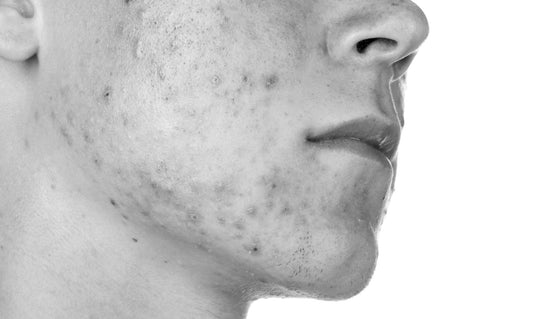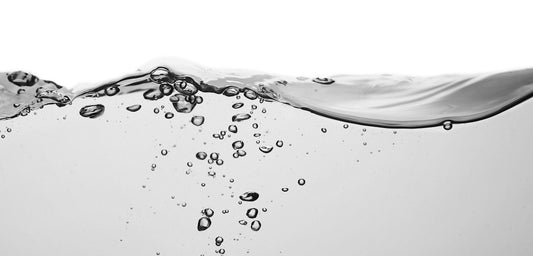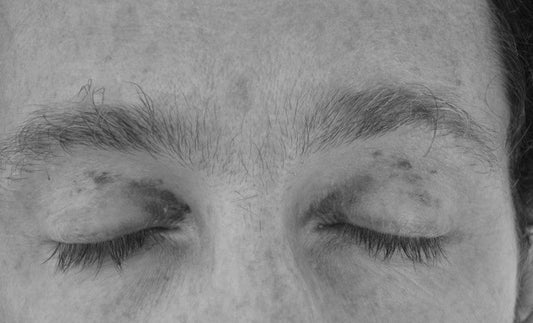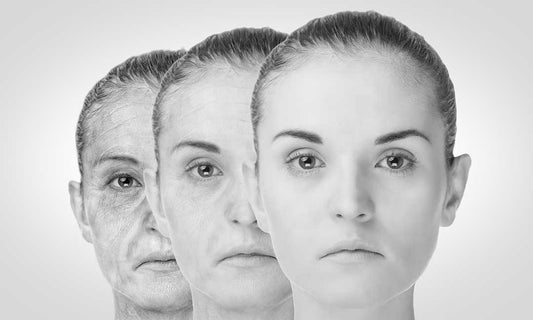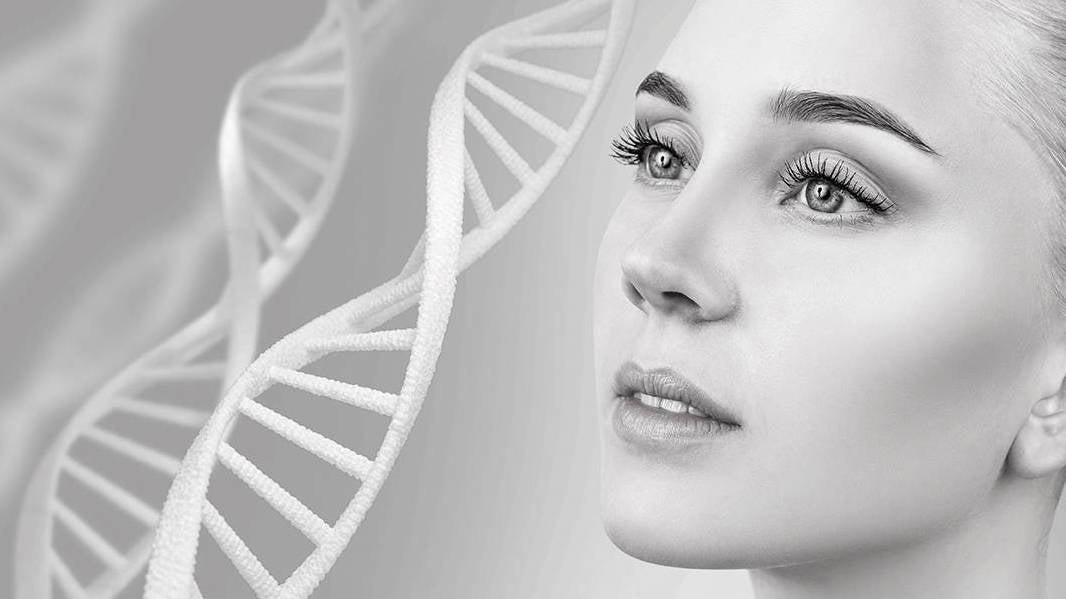
A complete guide to collagen peptides
What Is Collagen? Collagen is a structural protein that acts as the building block for your bones, teeth, muscles, skin, joints, and all other connective tissues. At least 28 different types of collagen exist, but types I, II, and III form the bulk of the collagen in your body. Collagen is loaded with benefits. It keeps skin young, strengthens joints, boosts weight loss, and more. You can get more collagen from collagen foods and collagen supplements. Pair your collagen supplement with vitamin C, which helps your body make more collagen. It seems as if everyone is talking about collagen and its miraculous anti-aging effects — stronger joints, younger skin, and healthier gut. Yes please! But if you’re still wondering what the heck collagen is, you’ve come to the right place. Read on to get the lowdown on this hardworking protein, all the ways that it benefits your body, and how to get more collagen in your life. Your skin, bones, and gut will thank you.
Types of collagen:
At least 28 different types of collagen exist, but types I, II, and III form the bulk — between 80 and 90 percent — of the collagen in your body. Types I and III provide structure to the skin, muscles, and ligaments, while type II is found in cartilage and the eye.
What are collagen peptides?
Collagen types are not to be confused with collagen peptides, hydrolyzed collagen, and collagen protein powder. But what do these terms mean? In short, these are simply different names for the same thing. Collagen peptides means collagen that’s been hydrolyzed. The process of hydrolysis breaks down the amino acids in collagen into smaller molecules, making it easier for your body to absorb. Learn more here about collagen peptides and how collagen supplements work.
Benefits of collagen:
Collagen makes up the bulk of your skin, but your body makes less collagen as you get older. The result? Sagging skin and fine lines. Studies show that taking collagen supplements plumps skin and smoothes wrinkles. Learn more here about how collagen keeps your skin looking and feeling youthful. Collagen peptides strengthen your joints, making them more resilient to injury. Research shows that taking hydrolyzed collagen (aka collagen protein powder) reduces joint pain and boosts the density of your cartilage, making joints more flexible. A 2008 study found that athletes who took hydrolyzed collagen for six months saw an improvement in joint pain. Other studies have shown that collagen assists with back and knee pain. Collagen also increases the amount of minerals — namely calcium — in your bones, and helps form new bones. Glycine — an amino acid in collagen — helps you sleep better and more deeply. Glycine is an inhibitory neurotransmitter, which means it calms the nervous system. One study found that people with sleep troubles fell asleep quicker, slept deeper, and experienced less daytime drowsiness when given glycine before bed. In another study, people reported feeling less fatigued and more clear-headed the morning after taking glycine. Collagen can “turn your body into a fat-burning machine, even when you’re at rest,” says Vanessa Rissetto, MS, RD, the former senior dietitian at Mount Sinai Hospital in New York City. Glycine forms muscle by converting glucose into energy. Lean muscle tissue boosts your metabolism, since muscle burns more calories than fat. What’s more, collagen increases fullness so you eat fewer calories. (By Alison Moodie).
WHAT TO
READ NEXT
STAY IN
TOUCH
Sign Up and be among the first to learn about new mìsula announcements and products.
- Choosing a selection results in a full page refresh.
- Opens in a new window.


